Founded in 1991, Anusandhan Trust is a public trust guided by the four founding principles of –
With its registered office at A 103 & B-103, First Floor, Moniz Tower, Yeshwant Nagar Road, Vakola, Santacruz (East), Mumbai – 400 055. Maharashtra, India, the Trust runs two centres – CEHAT (Centre for Enquiry into Health and Allied Themes, based in Mumbai, and SATHI (Support for Advocacy and Training in Health Initiatives), with its office in Pune. Anusandhan Trust is registered under the Bombay Public Trust Act, 1950, established (Registration No: E-13480), and also under the Foreign Contributions Regulation Act of 1976.
Website for Anusandhan Trust – http://www.anusandhantrust.org
Website for CEHAT – http://www.cehat.org
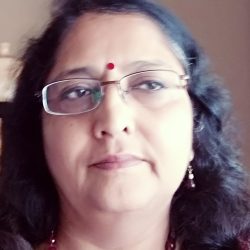
Managing Trustee
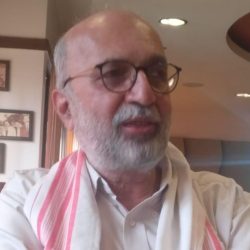
Trustee
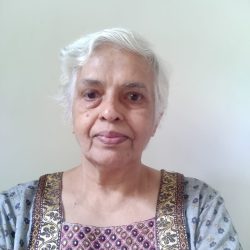
Trustee
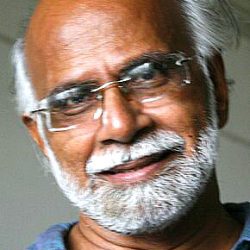
Trustee
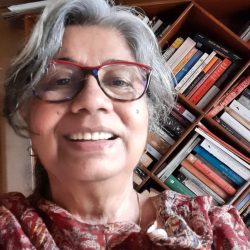
Trustee

Trustee